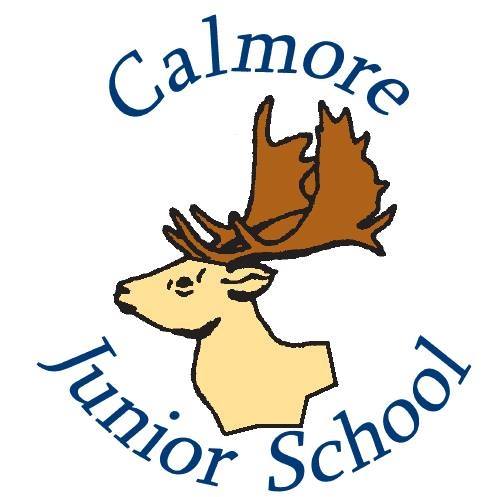History
Intent
At Calmore Junior School, we deliver high-quality history education that will help pupils gain a coherent knowledge and understanding of Britain’s past and that of the wider world. It will inspire pupils’ curiosity to know more about the past. Teaching will equip pupils to ask perceptive questions, think critically, weigh evidence, and sift arguments. History will help pupils to understand the complexity of people’s lives, the process of change, the diversity of societies and relationships between different groups, as well as their own identity and the challenges of their time.
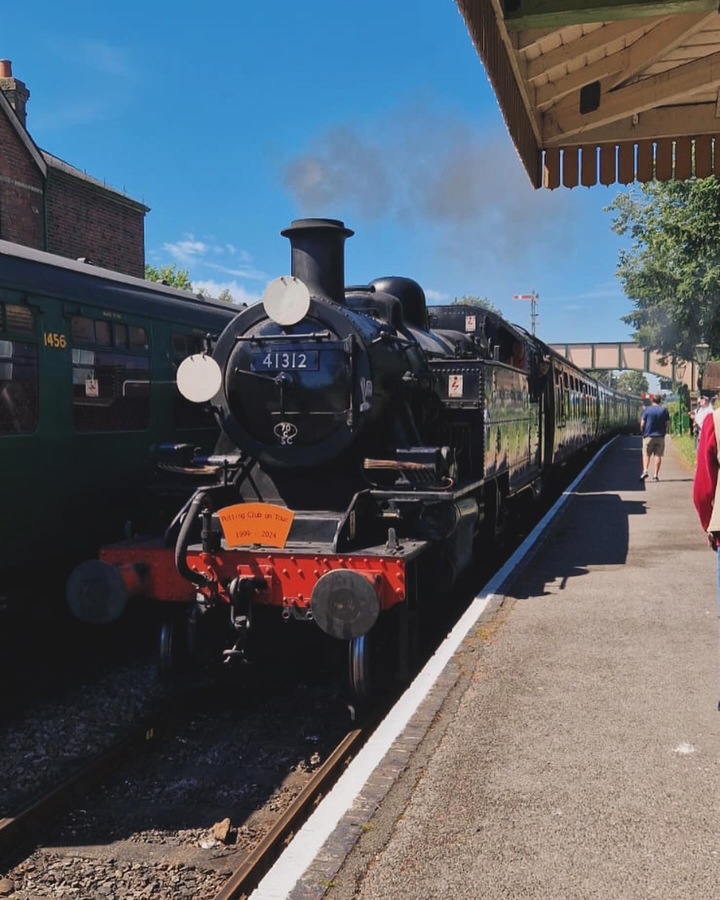
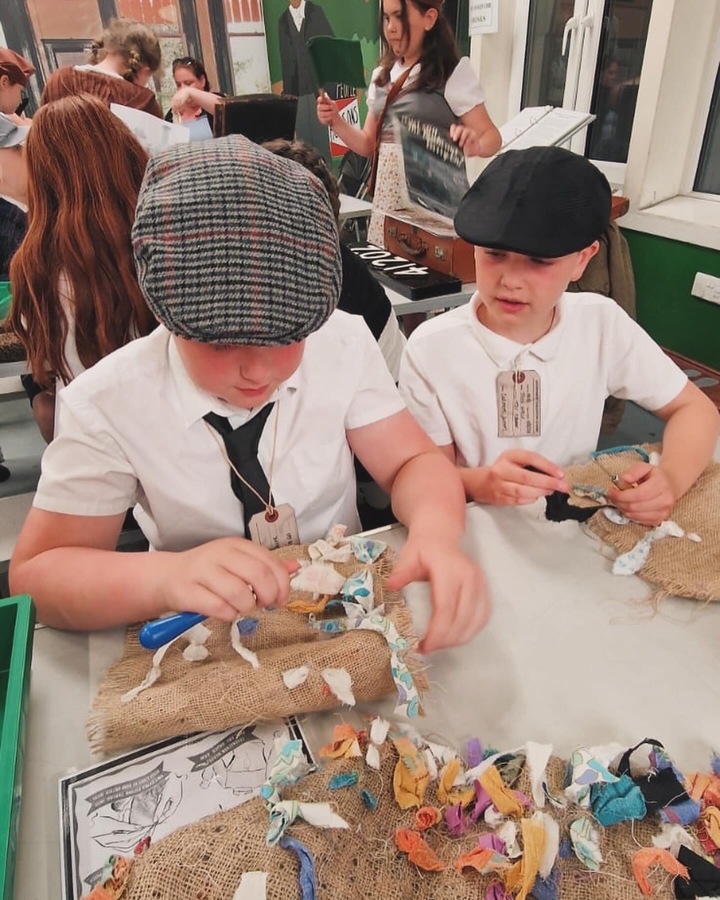
Implementation
Using the National Curriculum, we will ensure that children receive a rich history curriculum that build on skills and knowledge from year 3 to year 6. History will be taught in topics ensuring the integrity of the subject remains at the forefront.
History knowledge organisers for history are in place to ensure:
- Secure history knowledge for staff
- Accurate history timelines
- Key knowledge & skills
- Prior Links to prior history learning
- History vocabulary
- The integrity of each individual subject
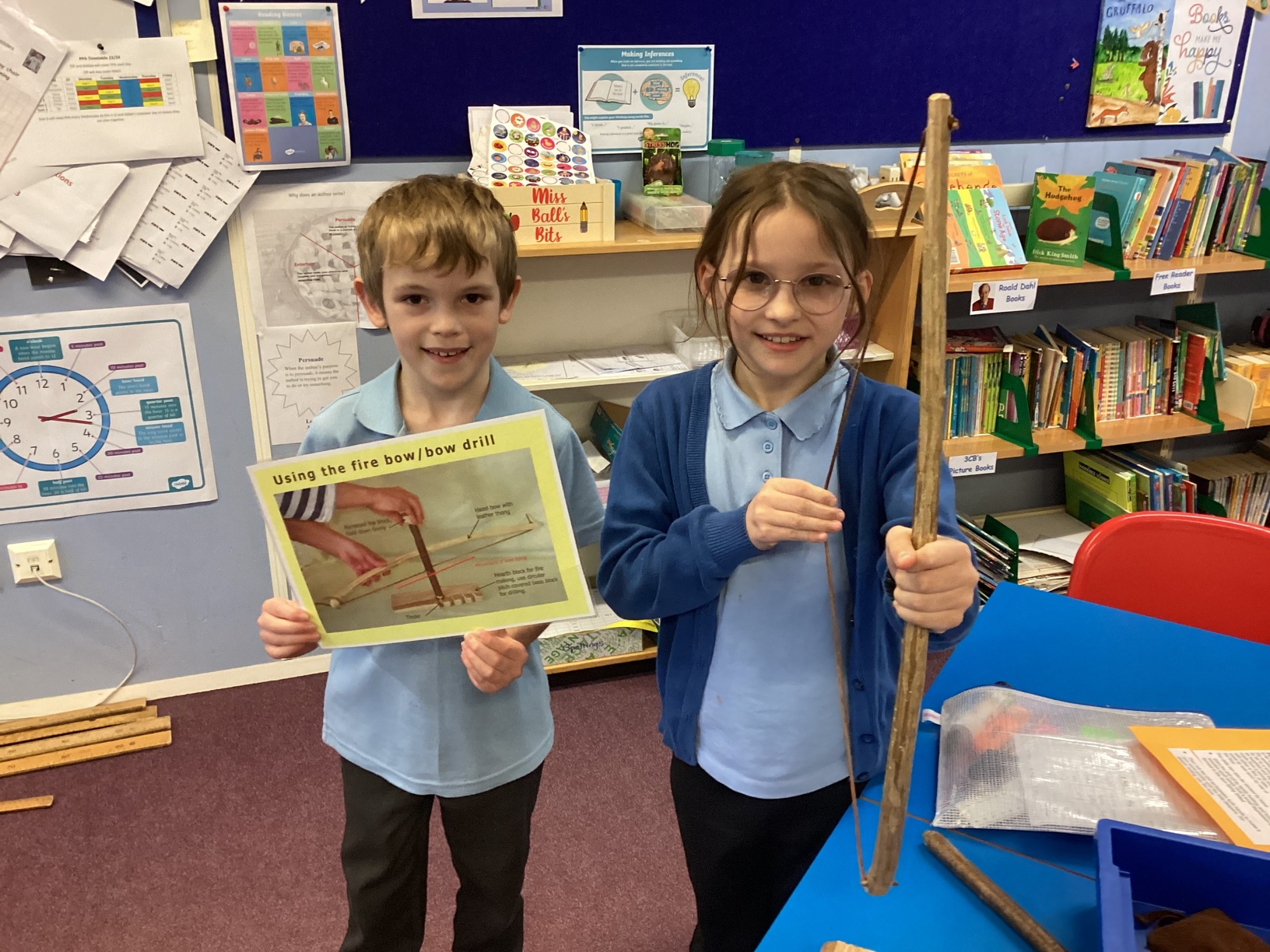
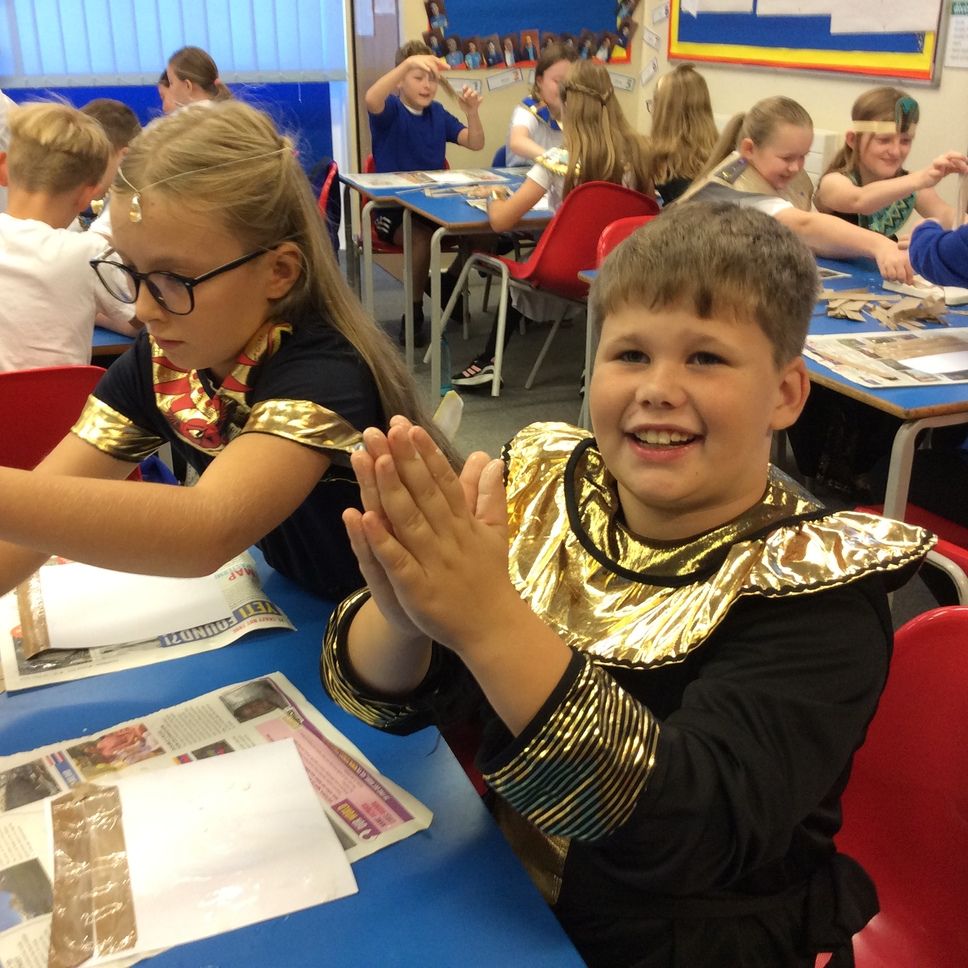
Our history topics will include our curriculum principles:
- Enrichment/Enjoyment (e.g. learning from experts/investigating artefacts/extending learning outside in the local and wider community)
- Depth & Challenge (A depth of experience is gained through learning skills-e.g. creating/ designing/ developing/ appraising/ questioning/ experimenting/analysing/evaluating)
- Quality Outcome which gives purpose to the learning (e.g. leaflet/PowerPoint)
- Personalisation (Giving children choice and a passion for following own lines of enquiry- choose outcome/choice of resources/choose layout/choose study route)
- Connections (e.g. links to prior history topics/skills)
- Relevant to our children and context (Bespoke to Calmore children e.g. looking at the history of The Titanic in Southampton/the history of Great Britain.)
- Purposeful (Identifying the purpose for learning and the intended outcome -real life audiences/real experiences)
- Enquiry based/igniting curiosity (Enquiry questions/children asking questions/P4C)
- Extended writing opportunity (In all units-site of application-giving children the opportunity to apply the skills learnt within different styles of writing)
- Maths (Giving children the opportunity to develop and apply previously learnt maths skills e.g. data handling/number/tallying/measures)
As with our other topics, each history unit will commence with a hook (dress up day/trip/workshop) and end with an exit point (display of work/assembly).
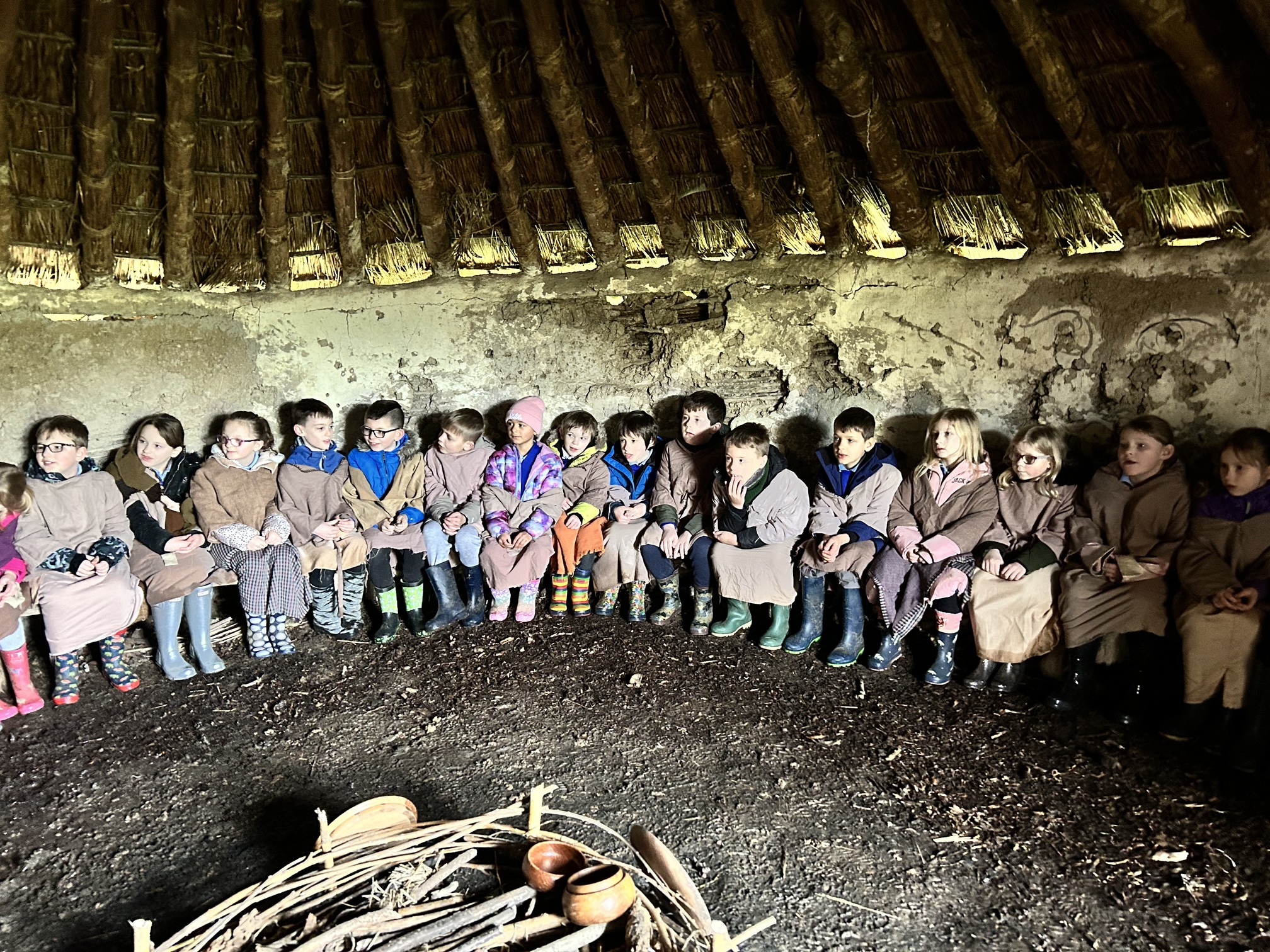
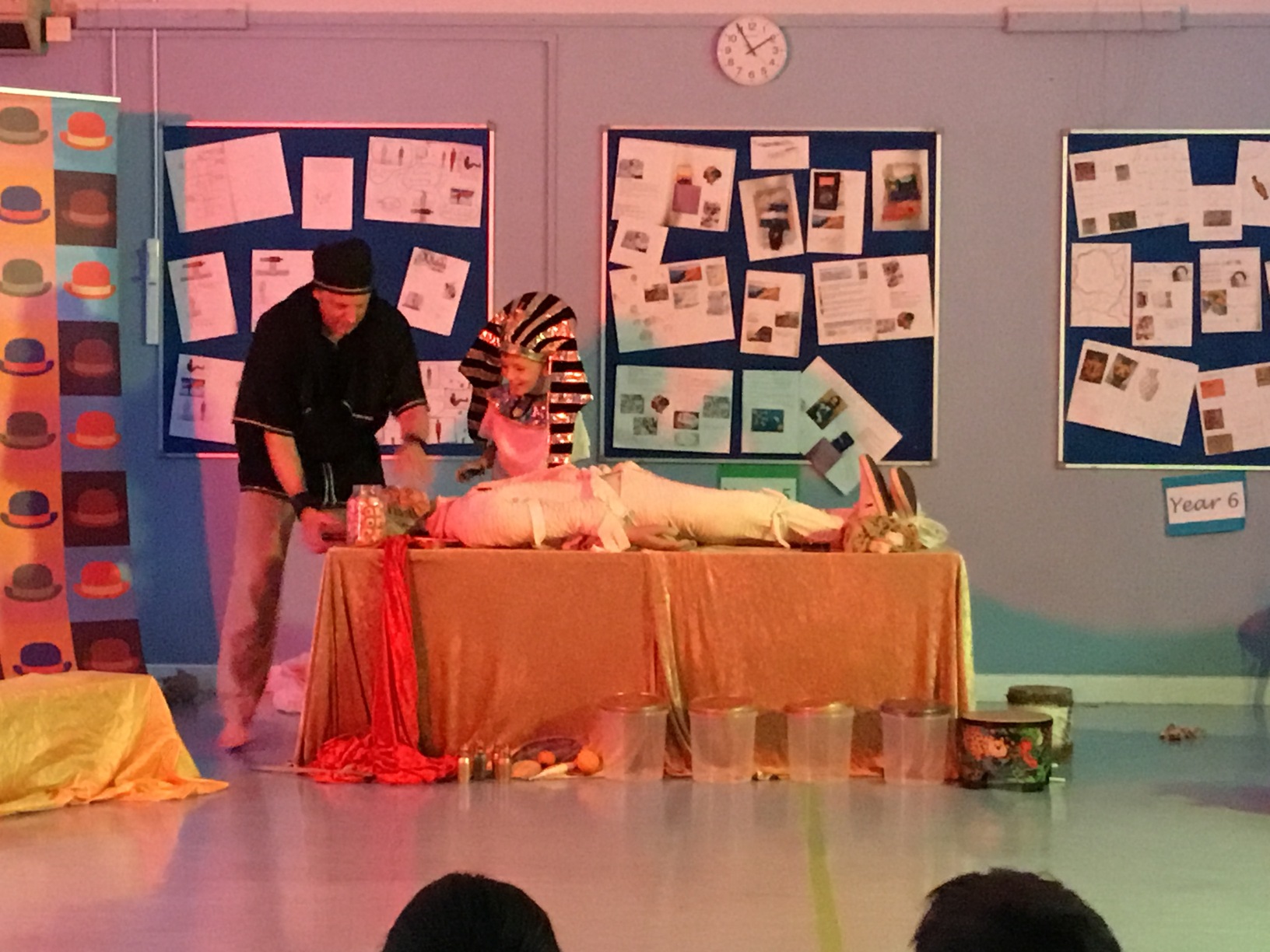
Impact
At the end of Key stage 2 we want our children to know/understand:
• How people’s lives have shaped this nation and how Britain has influenced and been influenced by the wider world
• Know and understand significant aspects of the history of the wider world
• Abstract terms such as ‘empire’, ‘civilisation’, ‘parliament’ and ‘peasantry’
• Historical concepts such as continuity and change, cause and consequence, similarity, difference and significance, and use them to make connections, draw contrasts, analyse trends, frame historically valid questions and create their own structured accounts, including written narratives and analyses
• the methods of historical enquiry, including how evidence is used rigorously to make historical claims, and discern how and why contrasting arguments and interpretations of the past have been constructed
• the connections between local, regional, national and international history; between cultural, economic, military, political, religious and social history; and between short- and long-term timescales
